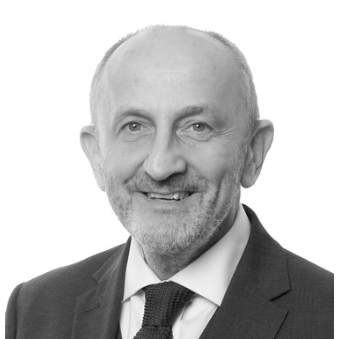Probate and Estate Administration
Trust Newtons to guide you through what can be a complex and lengthy procedure of probate and estate administration.
Probate and estate administration can be a complex, lengthy, and often emotional procedure. Our experienced team is here to help make the process as straightforward as possible. If you have been appointed as an executor, you are obliged to divide the assets as soon as possible after the death of the testator. However, if the will is contested, this may delay the process. You can find out more about the process of defending a will and the grounds for contesting a will here. As the executor, you are responsible for dealing with the estate and representing the testator in legal actions if necessary.
Administrator of Estate Responsibilities
Executors who have been appointed by the testator are responsible for the administration of the estate. This involves the following administrator of estate responsibilities.
Obtaining the Grant of Probate
Before you can deal with the deceased’s assets, you will need to obtain legal authority to act on their behalf. This is called a Grant of Probate, and it confirms your authority as the executor to handle the estate of the deceased testator. We can assist with the application should you have any queries.
Submitting an Inheritance Tax Return
This is required on all estates and is a tax on the whole estate of the testator. Usually, there is no inheritance tax to pay if the value of the estate is under £325,000, or if anything above the threshold is left to a spouse, civil partner, charity or community sports club. However, the Inheritance Tax Return must still be submitted even if the testator is exempt from paying inheritance tax.
Obtaining Tax Clearance
Once all outstanding inheritance tax has been paid, you must submit an IHT30 form to apply for a clearance certificate to show that you have paid all the inheritance tax due.
Gathering in the Deceased Testator’s Assets
This includes gathering together, protecting, and determining the value of the deceased’s combined assets, such as money, property and shares. This may also include calling in any money owed to the deceased. By protecting the assets, you are protecting them from devaluation and ensuring they are adequately insured.
Paying Debts and Liabilities
Any outstanding taxes, debts and funeral expenses are to be paid by the executor using the testator’s assets.
Paying the Legacies as Set Out in the Will
This includes ensuring the testator’s spouse, civil partner, and any children are aware of their legal inheritance.
Distribution of Residue
Residue refers to anything that is left after all debts, taxes, expenses, inheritance and administration fees have been paid. The testator should have outlined their wishes for the distribution of residue in the will. If this has not been addressed, Rules of Intestacy apply to the residue and it is distributed by the state.
Our experienced team helps to relieve the burden of probate and estate administration at a difficult time; handling all aspects of the estate, from dealing with the courts and tax offices, through to finalisation and distribution.
Additionally, our residential property team will guide you through the complexities of transferring ownership of property following a death, particularly if:
- you have inherited your family home;
- you are acting as a personal representative; or
- you are a beneficiary and wish to keep or sell a property gifted to you.
Our wills, probate and trusts team is here to help.
You can view our Probate Fixed Fee Costs here.
You can view our Probate Range of Costs here.
Please call us to find out how we can help. We can talk on the phone or arrange a meeting where we can discuss your options and give you a clear idea of timeframes and costs.
Alternatively, please contact us online and we’ll call you back when it’s convenient for you.







